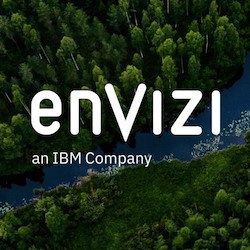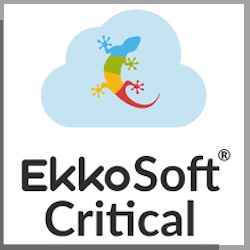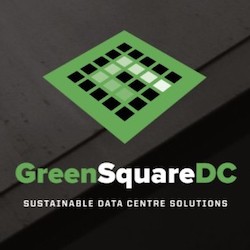Debates surrounding the Energy Efficiency Act -- which aims to reduce energy use in public authorities, corporations, and data centers -- will potentially influence future laws globally.
Why is this important and what does it mean? Here’s the context:
- Data centers use a lot of energy. The International Energy Agency estimated that global data center electricity consumption in 2022 was 240 to 340 terawatt-hours (TWh), or around 1% to 1.3% of global final electricity demand. This excludes energy used for cryptocurrency mining, which was estimated to be around 110 TWh in 2022, accounting for 0.4% of annual global electricity demand. In other words, it’s an area worth targeting.
- Demand is only rising. Since 2010, digital services’ demand has surged, but emissions grew only moderately due to energy efficiency advances, renewable energy uptake by ICT firms, and decarbonized electricity grids. To meet the Net Zero Emissions scenario, however, a 50% emissions reduction by 2030 is crucial. We covered this and more in our Forrester Technology Sustainability Framework.
- The latest data center cooling efforts focus on heat reuse. Thermo-optimized data centers not only optimize the consumption of energy but also utilize excess heat from servers to serve energy demands outside the data center. Data center cooling and power usage effectiveness (PUE) reduction techniques aren’t new, but they’ve been crucial, as reducing PUE and increasing efficiency are closely tied to business value. And one of the critical aspects of a thermos-optimized data center is heat reuse.
Now, let’s talk about what Germany is proposing:
Germany is debating a new law, the Energy Efficiency Act, which requires public authorities, corporations, and data centers to use less energy to protect the climate and permanently reduce German energy consumption. This law will impact the hundreds of data centers in Germany alone and may serve as a template for future laws elsewhere. Many firms worried the first draft — which required all new data centers to reuse a large portion of their waste heat — would make creating data centers prohibitively expensive since heat reuse requires financial investments and an available district heating network. The act was modified with lower percentage quotas and will likely lose a provision that required all data centers to give heating networks six months to respond to a request to use the center’s waste heat. Depending on how the law fares, it will set the groundwork for future laws in the rest of the European Union and perhaps the rest of the world.
But as noted above, this isn’t the first time data center experts are using heat reuse:
A number of firms already practice heat reuse. Google Cloud recaptures the heat generated at some of its sites to heat its data center facilities such as office spaces. Colocation provider Digital Realty talked about heat reuse as a central part of its circular economy strategy, providing residue heat from its data centers to places in Amsterdam, Brussels, Seattle, Stockholm, and Zurich, and planned to do the same in Marseille and Vienna. An Amazon Web Services (AWS) data center is providing its waste heat for free to warm up parts of Dublin in return for cutting the cost of energy needed to power its cooling mechanism. Colocation provider QTS did something similar in the Netherlands. Microsoft plans to provide its data centers’ waste heat to warm the people in the Finnish cities of Espoo and Kauniainen and the municipality of Kirkkonummi.
Heat Reuse Isn’t The Only Game In Town
Heat reuse can be a great indicator of a thermo-optimized data center. These regulations will play a critical role in data center design in upcoming regions. As a data center or colocation customer, now is the time to check in with colocation and cloud providers about reactions to new laws. Enterprises that seek to understand sustainability values or how regulations affect their vendors generally include questions about energy mix, PUE, water usage effectiveness (WUE), and other metrics in RFPs. But adding questions on heat reuse strategies in the data center can be a key indicator for a well-rounded circular economy strategy. Forrester will be publishing more on the circular economy as well as RFP questions for green data centers.
If you wish to speak to us more about data center or cloud sustainability insights, I’m always available to talk via inquiry. Please schedule an inquiry with Abhijit Sunil to learn more.
By Abhijit Sunil and Alexander Soley of Forrester Research. Read more Forrester blogs here.




